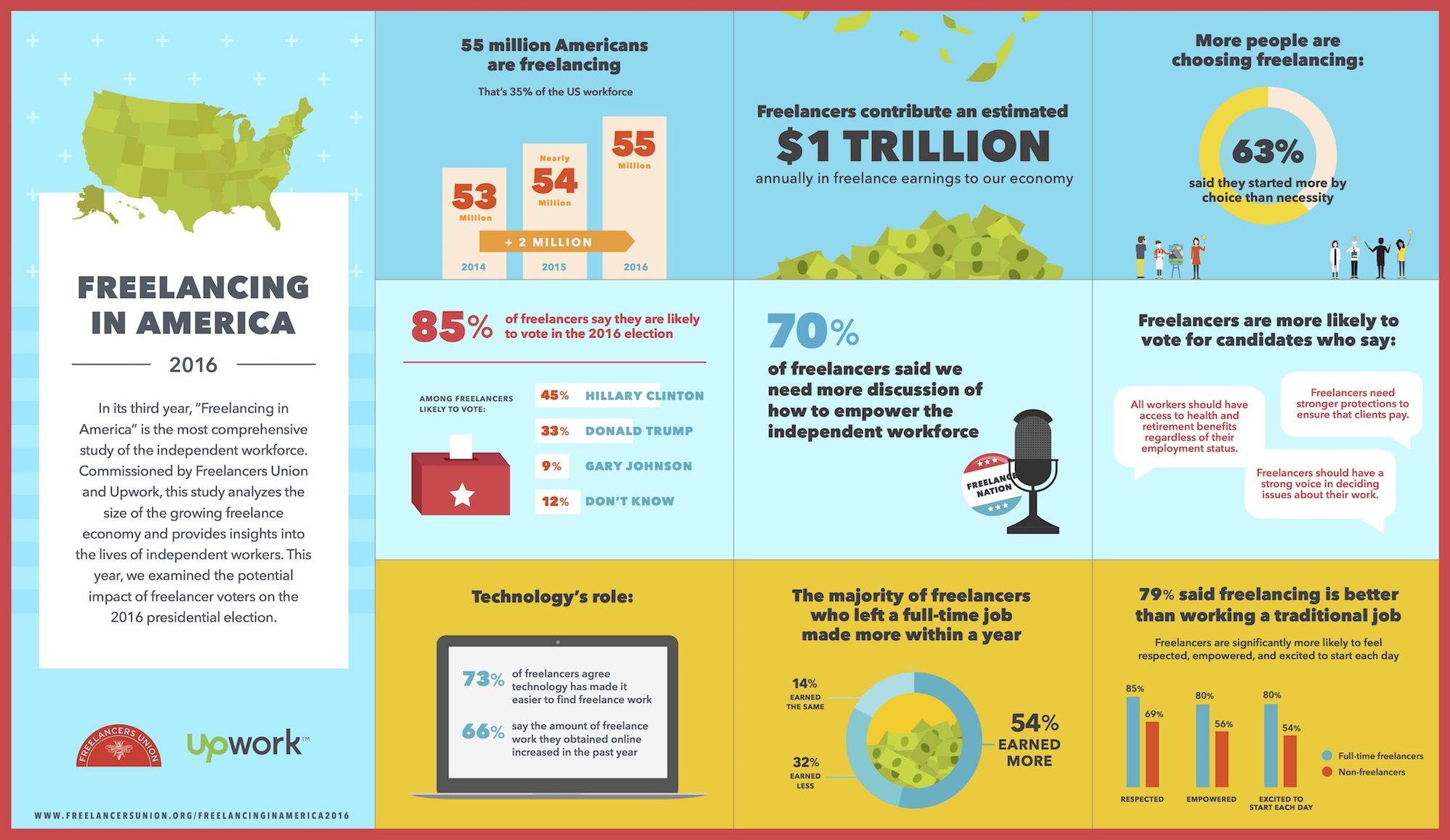Let’s talk about where your church is going, what it’s going to do to get there, and how it’s going to do what it needs to do.
Recently I filmed a 90 Second Leadership video for LifeWay Leadership on how to distinguish the difference between vision, strategy, and values.
I hope you enjoy it!
If you like what you saw on this video, I elaborate on this concept further, and provide audits and templates to help you develop your vision, strategy, and values in my book, No Silver Bullets: Five Small Shifts that will Transform Your Ministry.
Click here to watch other 90 Second Leadership videos by LifeWay Leadership.








